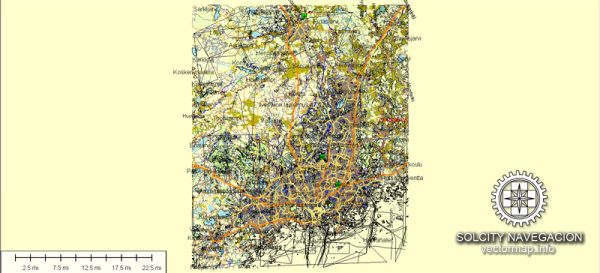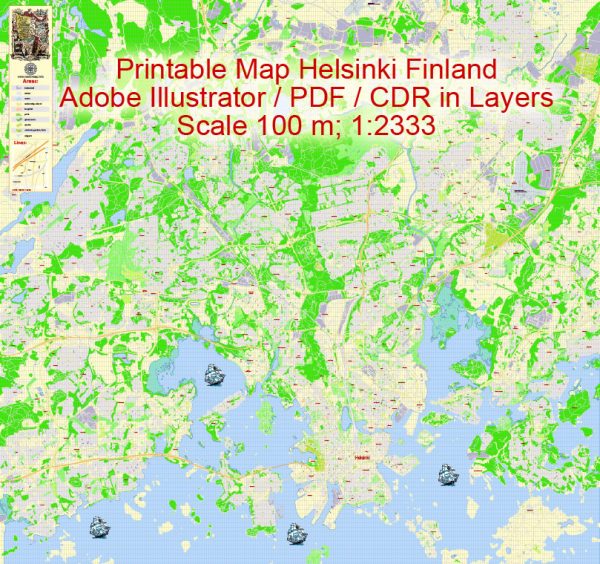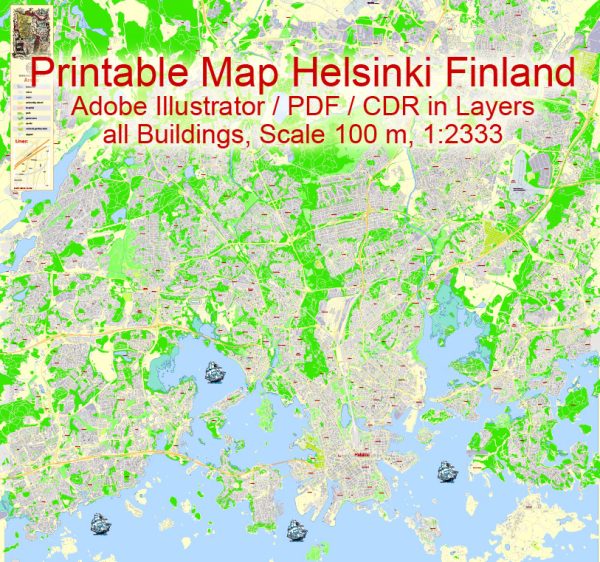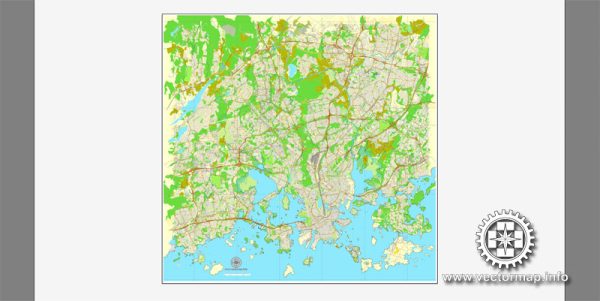Helsinki, the capital city of Finland, has a rich history that spans over four centuries. Here’s a brief overview of Helsinki’s history:
- Early History: The area that is now Helsinki was originally settled by Swedish-speaking Finns in the 16th century. However, it remained a relatively small, coastal town for much of its early history.
- Foundation as a City: Helsinki was founded as a city by King Gustav I of Sweden in 1550, with the aim of rivaling the Hanseatic city of Tallinn across the Gulf of Finland.
- Swedish and Russian Rule: Helsinki remained under Swedish rule until 1809 when Finland was ceded to Russia as a result of the Finnish War. The city served as the administrative center for the new Grand Duchy of Finland, which was an autonomous part of the Russian Empire.
- Design by Carl Ludvig Engel: In the early 19th century, Helsinki underwent significant urban development under the guidance of the German architect Carl Ludvig Engel. He designed many of the neoclassical buildings that still grace the city’s center, giving it a distinct architectural character.
- Finnish Independence: Helsinki played a central role in the Finnish struggle for independence from Russia. On December 6, 1917, Finland declared its independence, and Helsinki became the capital of the newly established Republic of Finland.
- World War II: During World War II, Helsinki was heavily bombed by the Soviet Union, leading to significant destruction. The city was rebuilt in the post-war years, and modernist architecture became prominent.
- Growth and Development: In the post-war period, Helsinki experienced rapid growth and industrialization. It evolved into a vibrant cultural and economic hub for Finland, attracting people from across the country.
- Role as a Global City: In recent decades, Helsinki has gained recognition as a global city with a strong economy, education system, and quality of life. It’s known for its high-tech industries, excellent healthcare, and a strong focus on sustainability and design.
- Host City: Helsinki has hosted several major international events, including the 1952 Summer Olympics and various diplomatic meetings. It is also home to numerous cultural institutions, museums, and universities.
- Modern Helsinki: Today, Helsinki is a thriving, cosmopolitan city known for its architectural beauty, cultural scene, and innovation. It embraces its maritime location on the Gulf of Finland and is known for its parks, waterfront promenades, and green spaces.
Helsinki’s history reflects the broader historical context of Finland’s development and its journey from a part of the Swedish and later Russian empires to a proud and independent nation with a dynamic and forward-thinking capital.





 Author: Kirill Shrayber, Ph.D. FRGS
Author: Kirill Shrayber, Ph.D. FRGS